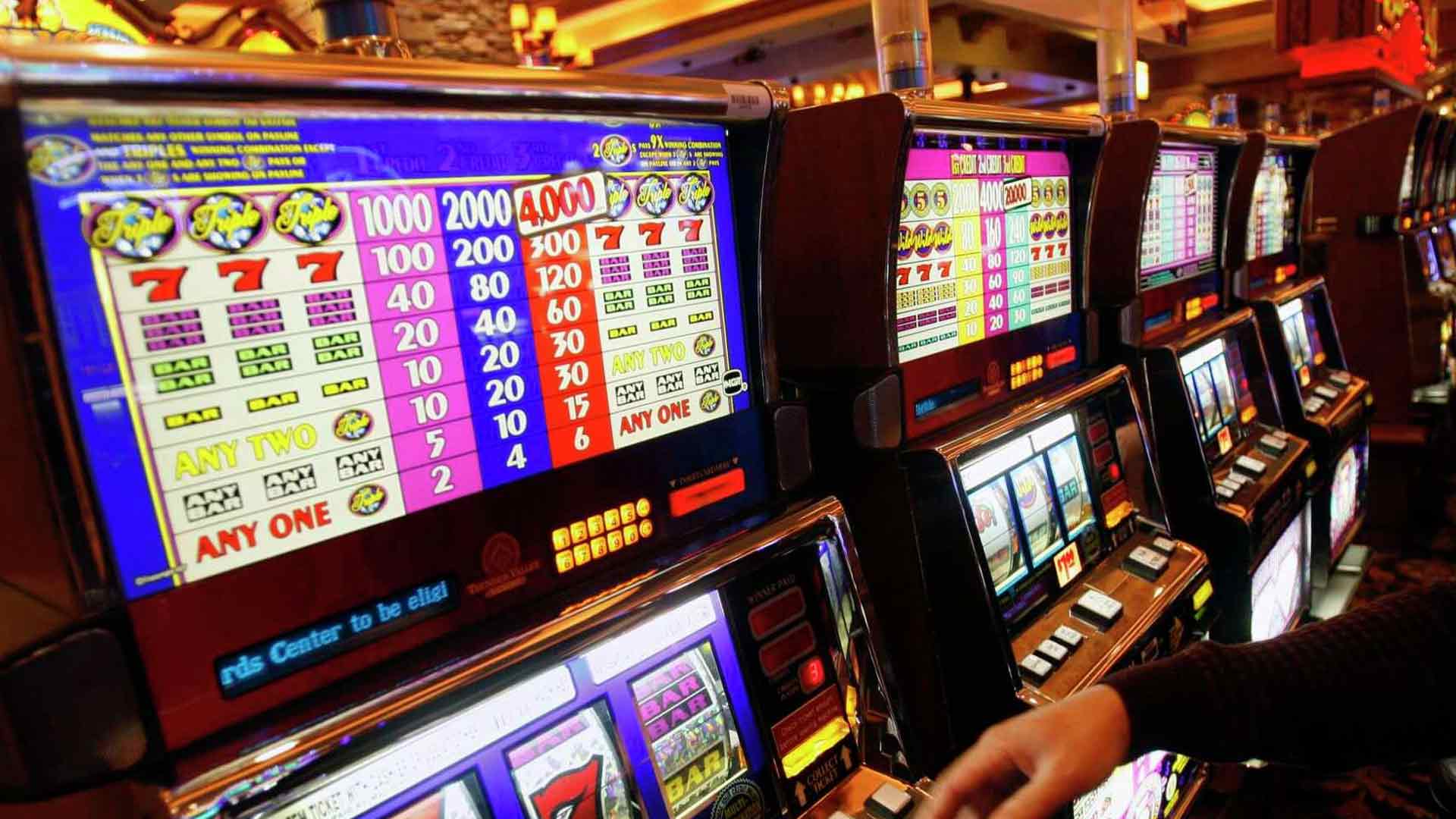Why RTP Shapes Player Experience
```htmlWhy RTP Shapes Player Experience
Return to Player (RTP) is a cornerstone of the online gambling world, holding significant sway over a player's overall experience. Often overlooked by casual players, RTP is a crucial metric that directly impacts potential winnings and the perceived fairness of a casino game. Understanding its influence is key to making informed decisions and maximizing your enjoyment when engaging with online slots and other casino offerings. This article delves into the intricacies of RTP, exploring its impact on player experience.
Decoding Return to Player: The Basics
RTP is expressed as a percentage, representing the theoretical amount of money a game is designed to pay back to players over time. For example, a slot game with an RTP of 96% is programmed to return $96 for every $100 wagered, theoretically. It's essential to remember that this is a theoretical calculation based on millions of spins or rounds. The actual outcome for any individual player can vary significantly due to the inherent randomness of the games.
A higher RTP generally indicates a better chance of winning over the long run, making the game more appealing to players. Conversely, games with lower RTP percentages offer a less favorable return, increasing the house edge.
Impact on Player Perception and Trust
Transparency regarding RTP is paramount in building trust with players. Reputable online casinos and game developers prominently display RTP information, allowing players to make educated choices. The availability of this information fosters a sense of fairness and accountability. When players feel they have a clear understanding of their potential returns, they are more likely to trust the platform and continue playing.
Furthermore, the perceived fairness of a game is intrinsically linked to its RTP. Players often seek games with RTPs of 96% or higher, as these are seen as providing a reasonable chance of winning. The higher the RTP, the more likely a player is to view the game as a fair and enjoyable experience.
How RTP Influences Gameplay and Strategy
While RTP doesn't guarantee individual wins, it can inform a player's strategy. Understanding the RTP of different games allows players to make choices that align with their risk tolerance and financial goals. Players seeking a slower, more consistent experience might prefer games with slightly higher RTPs, even if the potential payouts are smaller.
Conversely, players who are comfortable with higher volatility and a potentially steeper learning curve might opt for games with lower RTPs, but with the potential for larger payouts. RTP also informs the player's expectations. Knowing the RTP allows players to manage their bankroll more effectively and adjust their betting strategies accordingly.
The Role of Volatility and RTP
It's crucial to understand the interplay between RTP and volatility (or variance). Volatility refers to the frequency and size of payouts. A high-volatility game may have a lower RTP but offers the potential for infrequent, large wins. A low-volatility game, on the other hand, may have a higher RTP but offers more frequent, smaller wins.
Players should consider both RTP and volatility when selecting a game. These factors collectively shape the overall player experience, influencing the level of excitement, risk, and potential rewards.
RTP and Game Selection
The RTP of a game should be a key consideration when making your game selections. Different game types, such as slots, blackjack, and roulette, offer varying RTPs. Researching the RTP of a game before playing is always a good idea. Many online review sites and casino portals provide this valuable information.
Considering RTP allows players to make more informed choices, leading to a more enjoyable and potentially more profitable experience. Comparing RTPs across different games allows players to identify games that best suit their preferences and playing style. Also, consider playing at a reputable online casino like m88 slot that offers transparency and a wide selection of games with varying RTPs.
Conclusion: Prioritizing RTP for a Better Gaming Experience
RTP is more than just a number; it's a critical factor that directly shapes the player experience. From influencing player perception and trust to informing gameplay strategies and game selection, understanding and prioritizing RTP is essential for any serious online casino player. By recognizing the importance of RTP, players can make informed decisions, manage their bankrolls effectively, and ultimately enhance their enjoyment of the online gambling experience. Choosing games with favorable RTPs and reputable platforms will contribute to a more satisfying and potentially rewarding experience.
```tag: M88,



